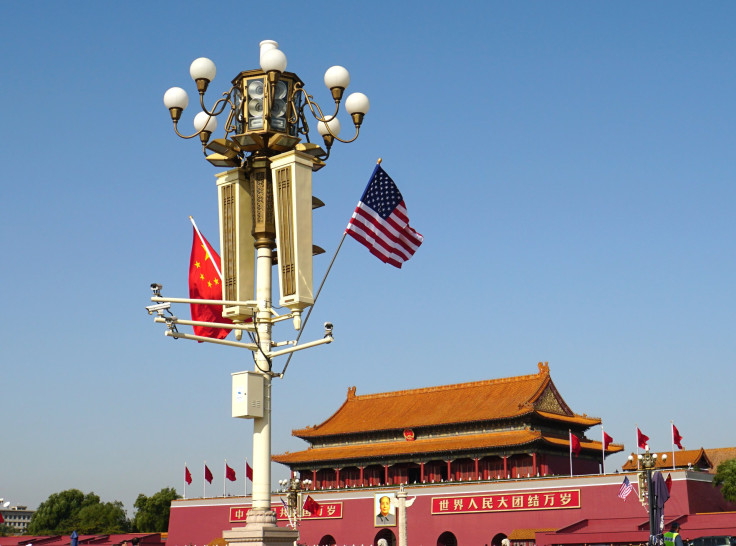Reuters
KEY POINTS
Kissinger said AI could become a key factor in national security within the next five years
He warned that AI could impose ‘global pestilence’ in ‘any field of human destruction’
Kissinger said China and the U.S. could enter into a negotiation on the use of AI
Artificial Intelligence (AI) could significantly supercharge the conflict between China and the United States as both countries work to harness its capabilities, according to a former top U.S. official.
Speaking with The Economist, former Secretary of State and national security adviser Henry Kissinger said he believes AI could become a key factor in national security within the next five years, helping improve a country’s targeting method to render its adversary “100% vulnerable.”
“If you look at military history, you can say it has never been possible to destroy all your opponents because of limitations of geography and of accuracy. [With AI], there are no limitations. Every adversary is 100% vulnerable,” Kissinger said.
He added that AI could cause a disruption similar to that of printing, which helped spread ideas that played a role in causing wars during the 16th and 17th centuries.
“We are at the very beginning of a capability where machines could impose global pestilence or other pandemics, not just nuclear but any field of human destruction,” he said.
In an effort to limit AI’s destructive capability, Kissinger said China and the U.S. could enter into a negotiation similar to a treaty to control the threat of nuclear weapons. Doing so, he said, would help “build mutual trust” between both nations as well as allow both “superpowers to practice restraint.” Failure to do so would likely lead to a catastrophic third World War, he added.
Kissinger’s comments come after China in April conducted tests of long-range artilleries to hit targets. One of the artilleries it tested was AI-powered laser-guided artillery that hit human-sized targets at least 16 kilometers (9.9 miles) away. In comparison, traditional artillery shells could land 100 meters (328 feet) or more away from their targets.
Last year, the U.S. awarded a $66 million contract to Raytheon, which develops weapons, to produce an unspecified number of GPS-guided artillery smart munitions that can hit targets up to 40 kilometers away.
That being said, it is essential to note that China and the U.S. joined more than 60 other countries to sign a “call to action” in February to endorse the responsible use of military AI.

A file photo of Chinese and American national flags flying on Tian’anmen Square to welcome U.S. President Donald Trump on November 8, 2017 in Beijing, China.
VCG/Getty Images
2023-07-02 11:48:03
Original from www.ibtimes.com




















